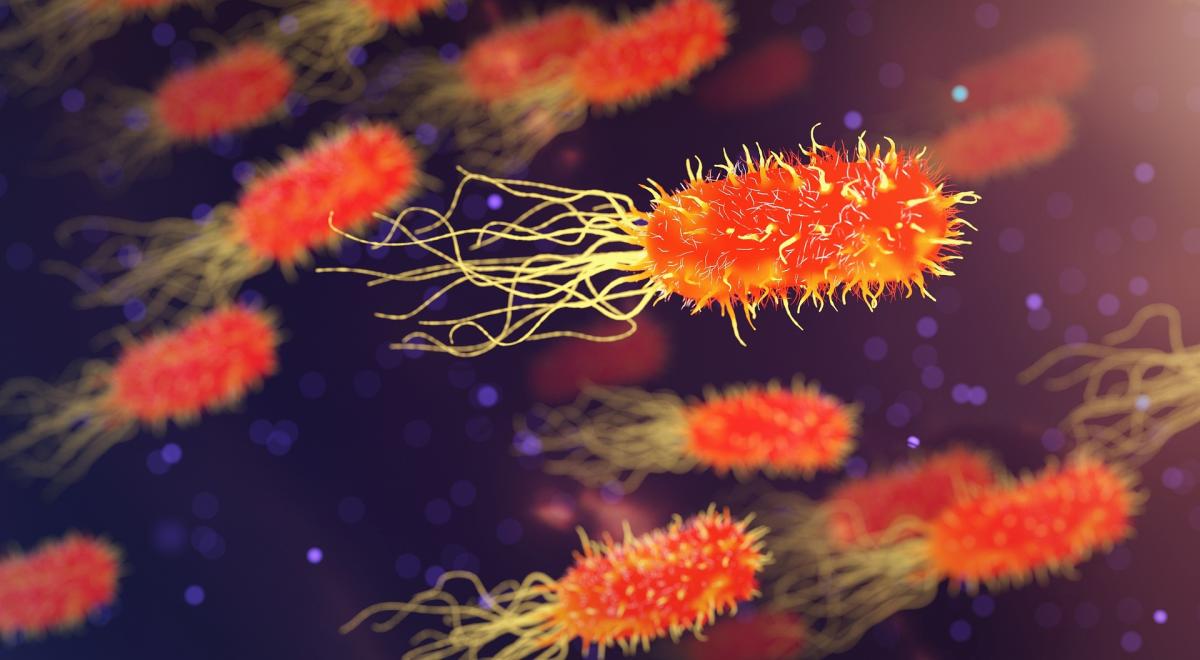Grades:
4th Grade
The students will work in groups to create a model of a roof that is able to survive a hurricane-like wind. Students learn about disaster preparedness, use the engineering design process to guide the
Grades:
7th Grade
This is Task 2 (Lesson 2) of four tasks (lessons) of an overall project of “Escaping 7th Grade Science Room.” Students will be constructing Pangea with their group after reviewing the concepts.
Grades:
6th Grade, 7th Grade
Students will learn basic concepts of physics, including velocity, motion, and vector. S tudents will develop and use a model to predict how forces act on objects at a distance. Finally students will
Grades:
9th Grade, 10th Grade, 11th Grade
In this lesson, students will be introduced to the concept of homeostasis with online research and then investigate how feedback mechanisms are used to maintain homeostasis during exercise during an
Grades:
5th Grade
This real-world lesson allows students to understand the impact of an oil spill on animals in the wild. Students experiment with ways to clean oiled animals. There is a literacy integration, hands-on
Grades:
7th Grade
In this lesson students will discuss how contact forces cause energy to be transferred and objects to move. They will learn that sound waves involve contact forces. Students will consider how contact
Grades:
8th Grade, 9th Grade, 10th Grade, 11th Grade, 12th Grade
This lesson is designed to allow students the experience to move from an additive understanding in mathematics to a multiplicative understanding through this activity called Cootie Catcher. The
Grades:
7th Grade
This is Task 3 (Lesson 3) of four tasks (lessons) of an overall project entitled “Escaping 7th Grade Science Room”. Students will construct a 3D model of both an animal cell and human cell. They will
Grades:
6th Grade
This lesson plan includes ideas and materials to last for 5 days. The students will be learning about human impact on tide pools and engineering their own solution. On the first day will be about
Grades:
6th Grade, 7th Grade, 8th Grade
In this lesson, students will investigate the properties of a mixture, as if it were a contaminated soil sample near a stream. This activity will show students that heterogeneous mixtures can be
Grades:
7th Grade
Students will learn the parts of the microscope, how to calculate the magnification, how to focus the microscope, as well as draw what they see in the field of view. Students will also write their
Grades:
2nd Grade
In this food-related lesson, students use the engineering design process to create solar ovens and cook s'mores. They engage in critical thinking as they construct their design and test out the oven
Grades:
7th Grade
This is Task 1 (Lesson 1) of four tasks (lessons) of an overall project of “Escaping 7th Grade Science Room.” Students will be constructing a mini zip-line after reviewing concepts. Students will
Grades:
5th Grade, 6th Grade, 7th Grade, 8th Grade
In this creative lesson, students explore states of matter as they fuse glass. During this process, students are actively engaged as they design an art piece, work on measurements, and collaborate
Grades:
7th Grade
This is Task 4 (Lesson 4) of four tasks (lessons) of an overall project of “Escaping 7th Grade Science Room." Students will construct a marshmallow device to propel marshmallows at force and collect
Grades:
5th Grade
Students experience the process of creating a whole elevator-shaft design complete with a car and a pulley system. They will experience an integrated STEAM lesson with combined content from Science
Grades:
5th Grade
Students will be learning about honey bees, what they need to survive, and how amazing they are! They will learn about the structure of the honeycomb and then they will engineer their own!
Grades:
8th Grade
This lesson plan is about the making and testing a solar car. This will take a minimum of two weeks. Solar panels and a motor will be provided. Students can use any safe material of their choice to
Grades:
9th Grade, 10th Grade
This lesson plan focuses around 4 key topics, with activities for each. The plan covers renewable energy, solar energy, why solar energy is important, and what the children can do to conserve energy
Grades:
4th Grade
Students are experimenting on their own to find out which materials would create the best water filter, after reading The Water Princess and discussing water scarcity. This engaging lesson combines
Grades:
6th Grade
To demonstrate their understanding of how energy is passed throughout an ecosystem and the symbiotic relationships of organisms within an ecosystem, students construct a food web marble run. This
Grades:
5th Grade
This engaging lesson places an emphasis on how oil adversely affects the environment and animal habitats. Students complete a hands-on activity to replicate an oil spill and then develop a
Grades:
6th Grade, 7th Grade, 8th Grade
In this engaging lesson, students explore and observe thermal shock by watching marbles bake and placed in ice water. Science and math concepts are covered in this unique lesson as well as visual arts
Grades:
6th Grade
Students explore the limiting factors of yeast over 2-3 days. The materials needed are yeast, sugar, water, ice, tea kettle, empty soda or water bottles, balloons, graduated cylinder, string, ruler
Featured Lesson Plans
Check out these notable lesson plans.

Featured
Planarian Regeneration
Grades:
3rd Grade
In this engaging lesson, students will explore human regenerative medicines through the planarian's ability to regenerate. Planarians have specials cells that allow themselves to modify and regrow

Featured
A Very Hungry Robot: Lesson 2
Grades:
1st Grade
In this lesson, students will relate The Very Hungry Caterpillar to a butterfly's life cycle. Students will learn the four main parts of a butterfly's life cycle and then use the indi robot to create

Grades:
3rd Grade, 4th Grade, 5th Grade
Students will gain knowledge about Arizona's geography, culture, and history through the book "Santa is Coming to Arizona." They will develop basic programming and problem-solving skills by
